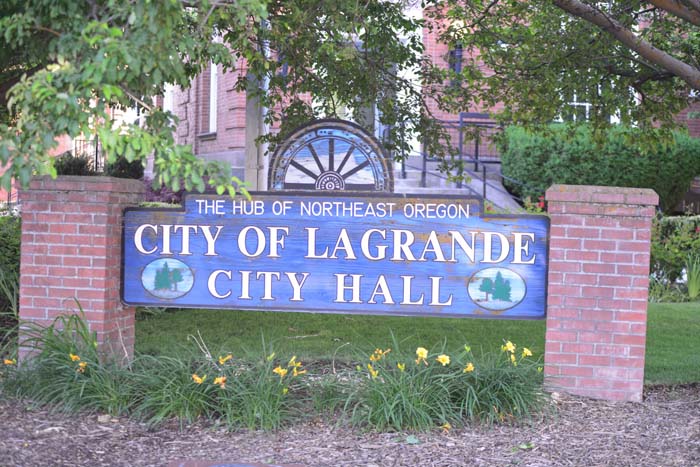Other Views: What’s at stake in the Dollar General case
Published 1:27 pm Monday, June 3, 2024

- Michael Eng
Despite our many different perspectives, I think it’s safe to say that we all care deeply about our shared quality of life that makes Wallowa County a very special place to live.
Protecting and preserving our quality of life, however, is not automatically guaranteed. It must be safeguarded as we also adapt to changing circumstances, challenges, and opportunities to meet the current and future needs of county residents. Planning together smartly as a community, staying engaged, and ensuring our elected and appointed officials keep long-term consequences in mind when making decisions — are all essential to keeping Wallowa County the special place we know and love.
Trending
Our local land-use decisions, guided by state law and our own Wallowa County Comprehensive Plan and its implementing ordinances, which are in need of updating, are the primary means of ensuring our shared quality of life is protected for current and future generations of Wallowa County citizens. Public engagement and citizen involvement is a primary goal of both state law and our Comprehensive Plan.
What’s at issue at Wednesday’s public hearing before the Board of Commissioners is whether the Wallowa County planning director erred in making such an important land use decision as approving development permits for the Dollar General store in Wallowa, on his own authority, without either notifying nearby affected neighbors or issuing a public notice to inform other citizens who may be potentially interested or affected.
The planning director has justified his decision to conduct a unilateral “ministerial review” of Dollar General’s permit applications by saying that Dollar General’s development of the site was an outright allowed use for the parcel, which is zoned Commercial/Industrial and that no one beyond 100 feet from the site was required to be notified because there were no potentially “adversely affected” parties warranting notification. If the planning director had determined there were parties who might be adversely affected, it would have triggered an “administrative review” of the permit applications, along with public hearings before the Planning Commission.
During the initial appeal, the Planning Commission voted 5-2 that the original appellants had “standing” to file their appeal. They could only gain that standing by the Planning Commission determining that these nearby neighbors could be adversely affected by the Dollar General development. Nonetheless, the Planning Commission also voted to approve the planning director’s use of the ministerial review process. These two decisions are logically inconsistent. If the original appellants had “standing” to appeal, then they must also be potentially adversely affected, which would then mean that an administrative review and public hearing was required.
Wallowa County has also failed to require any conditions on the approved permit to address the public safety issues created by the Dollar General locating at the intersection of Frontage Road and Highway 82.
Especially significant are reports that delivery trucks approaching from the north are either turning around on the Coleman Oil property across from Dollar General to then approach Frontage Road at a better angle due to the impossibly sharp right turn off Highway 82, or the trucks are driving into Wallowa and circling around on city streets so they can then approach Frontage Road at a better angle from the south. Of great importance and concern, as well, is the safety of children catching their school bus off Highway 82, in front of Dollar General.
Trending
To address these safety issue, the Board of Commissioners could choose to require Dollar General, for example, to pay for reconfiguration of the Frontage Road intersection and installation of a turning lane.
The Planning Department’s use of the ministerial review process means there was no transparency or opportunity for public participation on this important land-use decision that could have far-reaching effects. By not holding the county accountable for misusing the ministerial review process, this and similar future decisions could jeopardize the quality of life in the county.
That’s what’s at stake in the upcoming public hearing on Wednesday.









